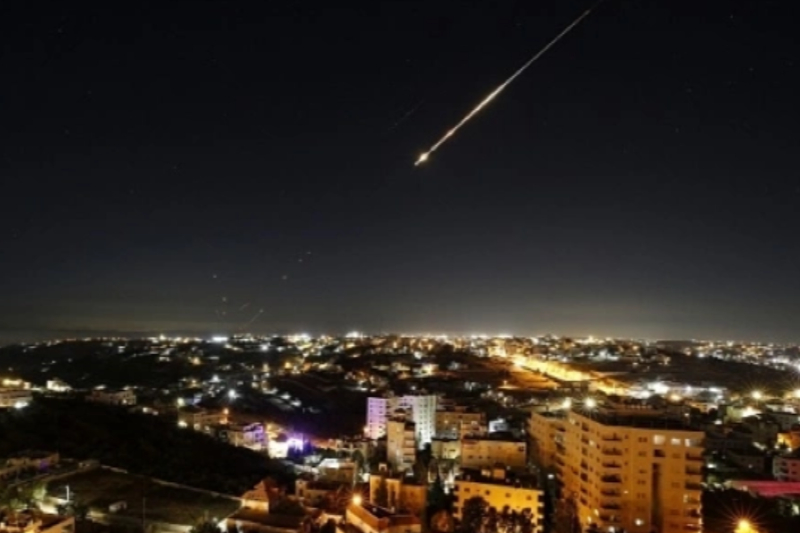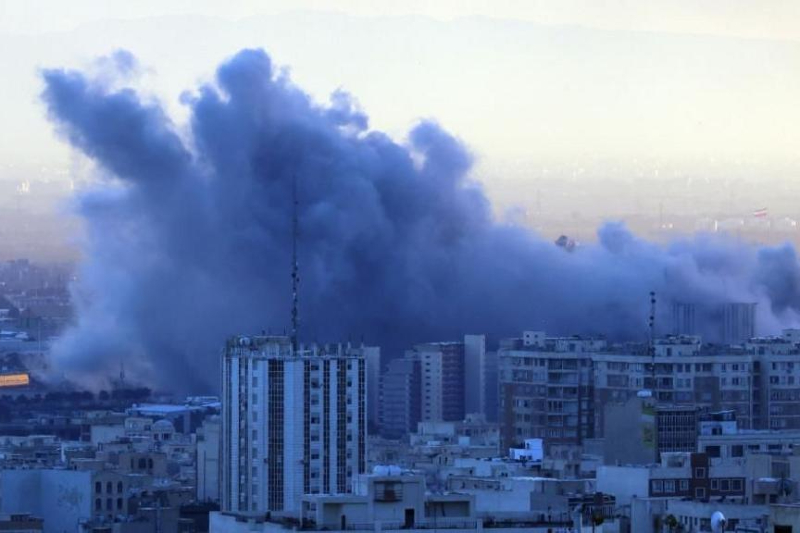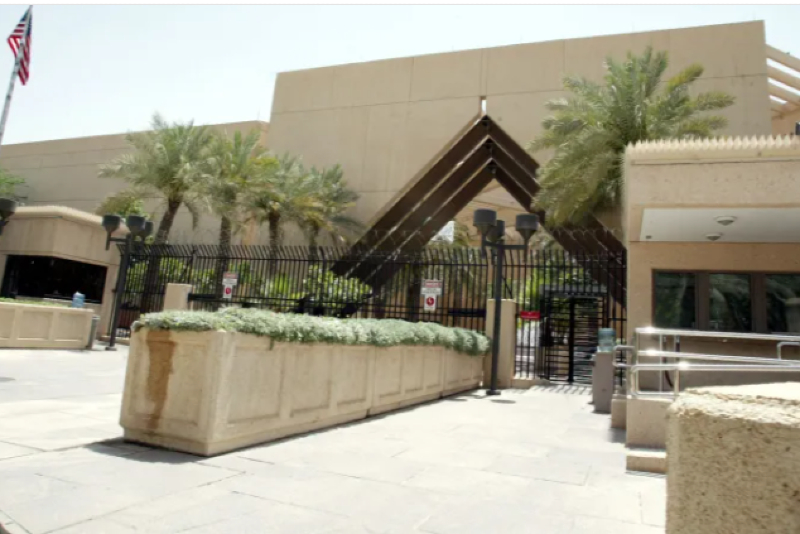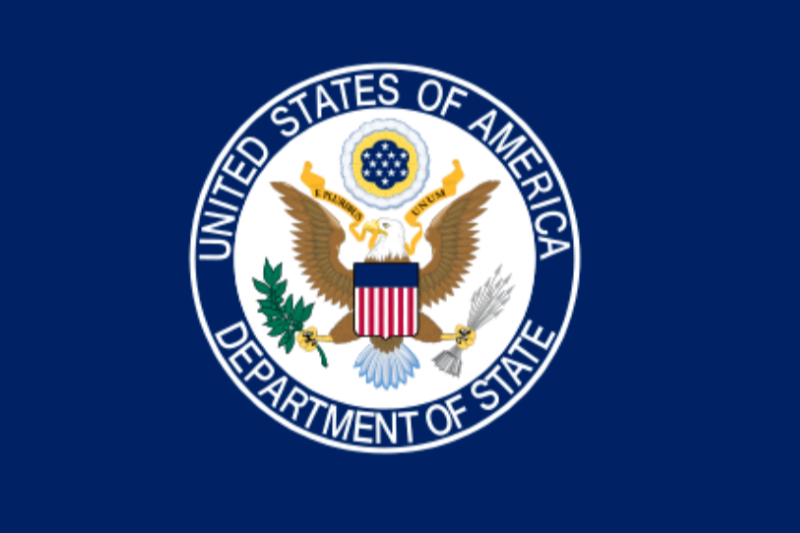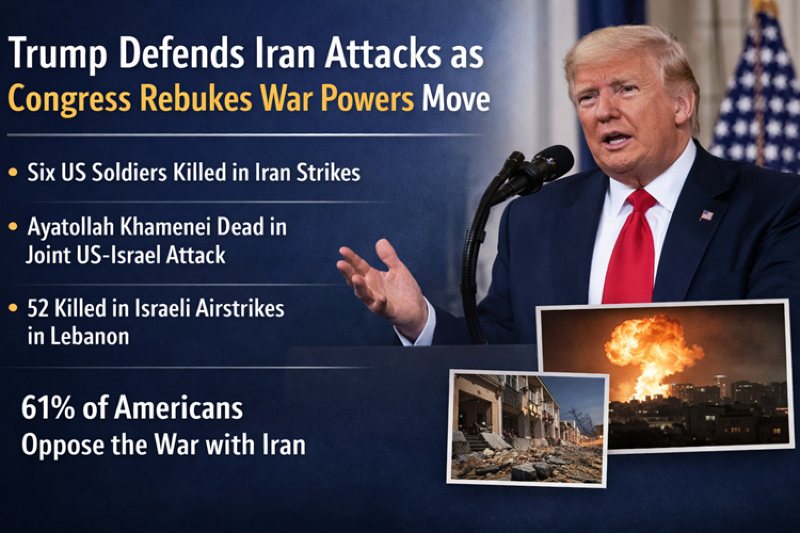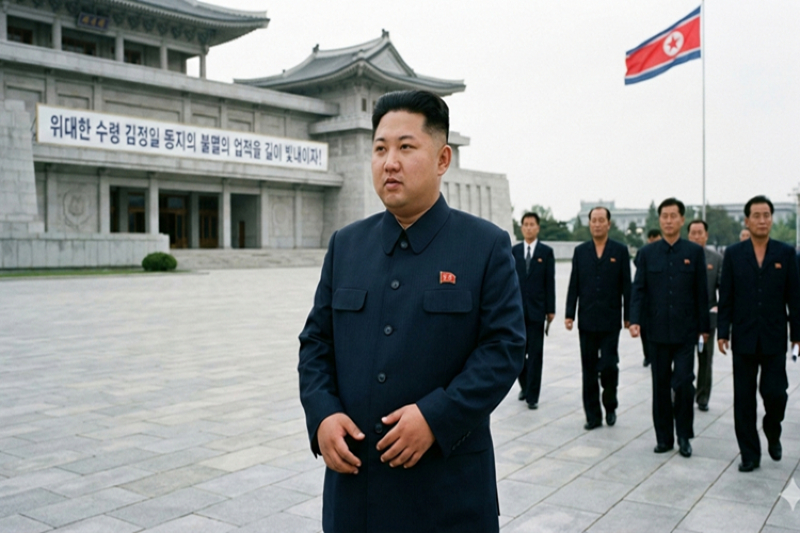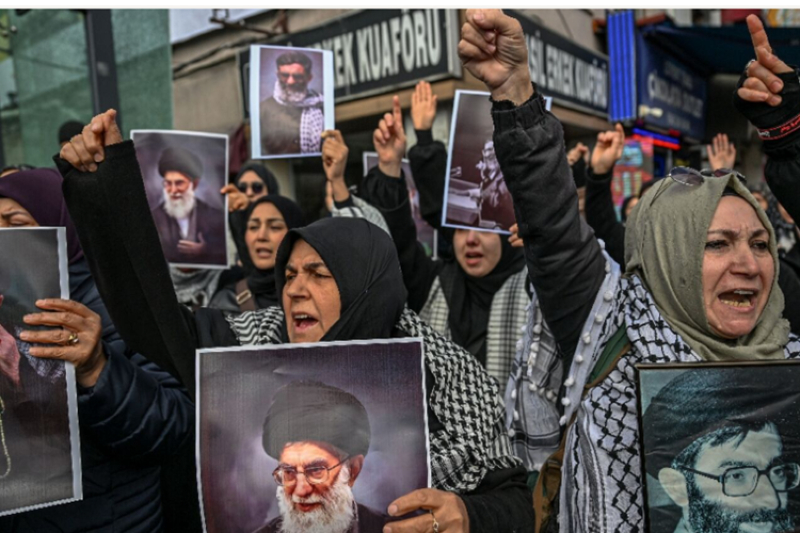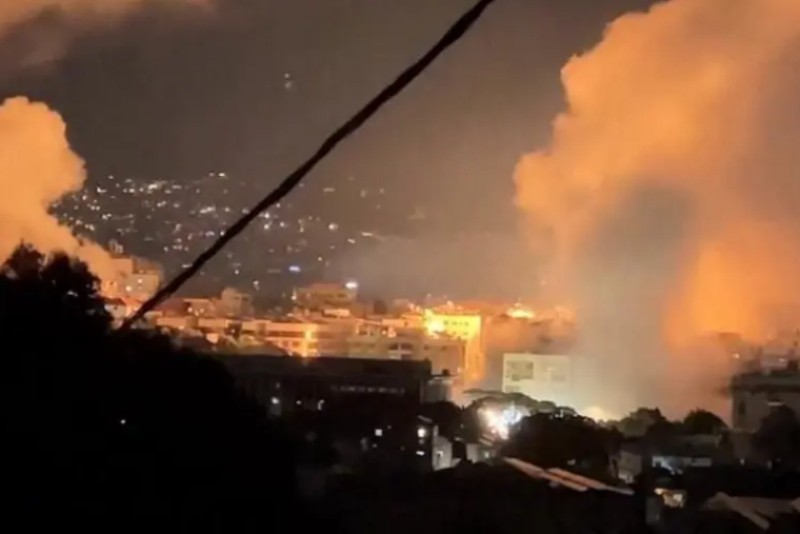US bans travel of citizens from 12 countries, restricts 7 others
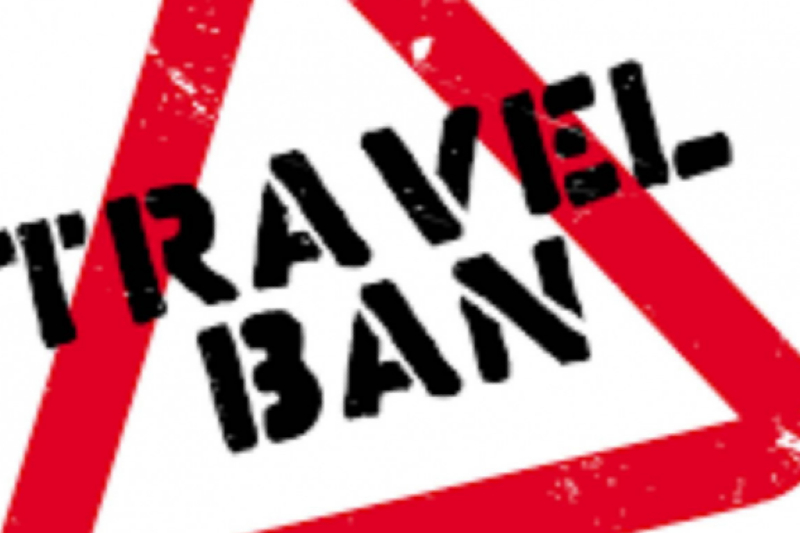
US President Donald Trump has signed a travel ban targeting 12 nations, citing national security and public safety concerns. The policy, which echoes his controversial 2017 executive order, will come into effect at 12:01 a.m. ET on June 9.
The countries affected by the full travel ban include: Afghanistan, Myanmar, Chad, Republic of Congo, Equatorial Guinea, Eritrea, Haiti, Iran, Libya, Somalia, Sudan, and Yemen. Citizens from these nations will be prohibited from entering the United States under most visa categories.
In addition, seven more countries — Burundi, Cuba, Laos, Sierra Leone, Togo, Turkmenistan, and Venezuela — will face partial travel restrictions. In these cases, several visa types, including certain work and visitor visas, will be suspended, but complete entry bans will not be enforced.
Justifications and Exemptions
Trump announced the new restrictions via his platform, Truth Social, linking the policy to a recent violent incident in Boulder, Colorado. The attack, reportedly carried out by an Egyptian national with an expired tourist visa, was cited as evidence of “weak vetting” processes that put Americans at risk. Notably, Egypt is not on the list of affected countries.
According to the official proclamation, the countries were chosen based on factors including:
- High rates of visa overstays
- Non-cooperation with U.S. deportation efforts
- Poor identity verification systems
- Inadequate counterterrorism screening
However, exemptions apply for lawful permanent residents, dual citizens traveling on passports from unaffected countries, diplomatic visa holders, and certain groups such as Afghan Special Immigrant Visa recipients, religious minorities from Iran, and athletes participating in major international events like the Olympics or World Cup.
Policy Reactions and Legal Outlook
This renewed travel ban fulfills a campaign promise Trump made during his 2024 presidential run. Analysts expect immediate legal challenges similar to those faced during his first term, when the Supreme Court narrowly upheld a similar executive order. That ban targeted several Muslim-majority nations and was widely criticized for religious discrimination.
Legal experts note that the president has broad authority over immigration when national security is cited. However, opponents argue that the justifications lack data. For instance, according to Alex Nowrasteh of the Cato Institute, terror attacks in the U.S. by nationals of the currently banned countries are exceedingly rare — with only one recorded fatality from such an individual between 1975 and 2024, making the risk statistically negligible.
A Return to Hardline Immigration
Trump’s latest move signals a return to hardline immigration policies. Since his return to office, he has also moved to restrict refugee admissions from various nations and reversed the Temporary Protected Status (TPS) extensions for citizens of countries like Haiti, Venezuela, and Cuba — protections originally expanded by the Biden administration due to ongoing crises in those regions.
Critics point to the geopolitical implications of the policy, which may further strain relationships with several countries and international bodies. Meanwhile, the administration maintains that these steps are essential to maintaining national security and public order.

